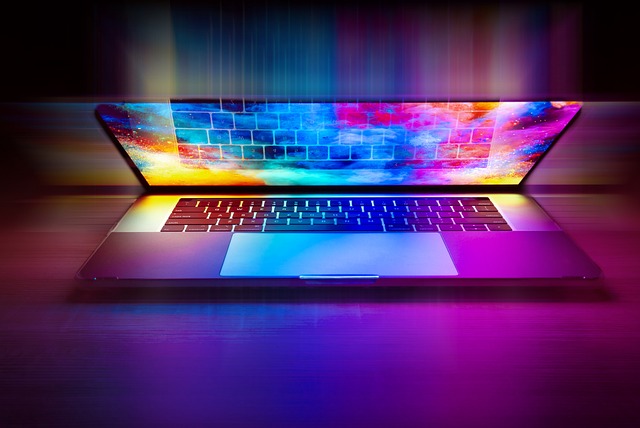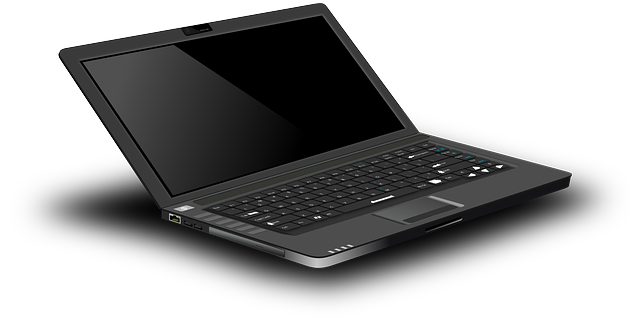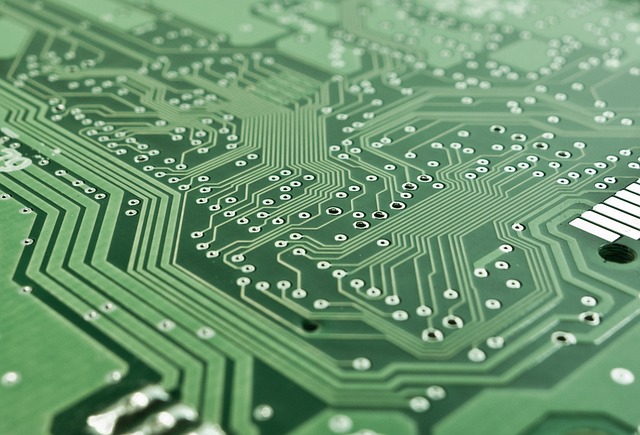When your laptop's battery is holding less charge than it used to, or you're facing a battery health warning, it might be time to consider a replacement laptop battery. A worn-out battery can significantly impact your device's performance and efficiency. Opting for a new battery not only extends the lifespan of your laptop but also ensures consistent power supply without the risk of unexpected shutdowns or overheating issues associated with a failing battery. The process of replacing a laptop battery is generally straightforward, involving removing the old battery, installing the new one, and calibrating it for optimal performance. It's advisable to choose a high-quality replacement battery from a reputable manufacturer to avoid further complications. By doing so, you can maintain your laptop's peak operation and avoid the inconvenience of power interruptions that compromise your work or enjoyment of digital media.
- Understanding the Eco-Footprint of Replacement Laptop Batteries
- Opting for Energy-Efficient Charging Practices
- Proper Disposal and Recycling Programs for End-of-Life Batteries
- Investing in High-Quality, Long-Lasting Batteries to Reduce Frequent Replacements
- Embracing Innovations in Lithium Battery Technology for Greener Solutions
- Implementing Energy-Saving Measures on Laptops to Extend Battery Life
Understanding the Eco-Footprint of Replacement Laptop Batteries

Opting for Energy-Efficient Charging Practices

Proper Disposal and Recycling Programs for End-of-Life Batteries

Investing in High-Quality, Long-Lasting Batteries to Reduce Frequent Replacements

Embracing Innovations in Lithium Battery Technology for Greener Solutions

In recent years, lithium batteries have become a staple in powering a myriad of electronic devices, including replacement laptop batteries. As the demand for portable technology surges, so does the environmental impact associated with their production and disposal. However, innovations in lithium battery technology are offering greener solutions to this pressing issue. Researchers and manufacturers are actively exploring new materials and designs that can enhance energy density while reducing reliance on rare minerals and minimizing waste. For instance, advancements in solid-state batteries promise to offer higher capacities and longer lifespans, potentially reducing the frequency of replacement laptop battery needs and decreasing the environmental footprint. Additionally, recycling programs are being refined to recover valuable metals from used batteries, ensuring these components are repurposed rather than ending up as landfill waste. By embracing these innovations, the industry can significantly mitigate the environmental impact of lithium batteries and pave the way for a more sustainable future. It is through continuous research and development that we can expect to see more efficient and less harmful battery technologies becoming mainstream, which will be a boon not just for our devices but also for the planet. The shift towards sustainable practices in lithium battery production and recycling underscores the importance of staying informed about technological advancements, particularly for users who regularly require replacement laptop batteries, as their choices directly impact environmental conservation efforts.
Implementing Energy-Saving Measures on Laptops to Extend Battery Life

Adopting sustainable practices for lithium batteries, particularly with replacement laptop batteries, is a critical step towards mitigating their environmental impact. This article outlines seven practical tips that emphasize energy-efficient charging habits, the importance of recycling end-of-life batteries, and the benefits of investing in high-quality battery options to prolong usage. By understanding each battery’s eco-footprint, utilizing energy-saving laptop features, and staying informed about advancements in lithium battery technology, consumers and businesses alike can contribute significantly to environmental conservation. It is through collective action that we can ensure these portable powerhouses become more sustainable for future generations.
